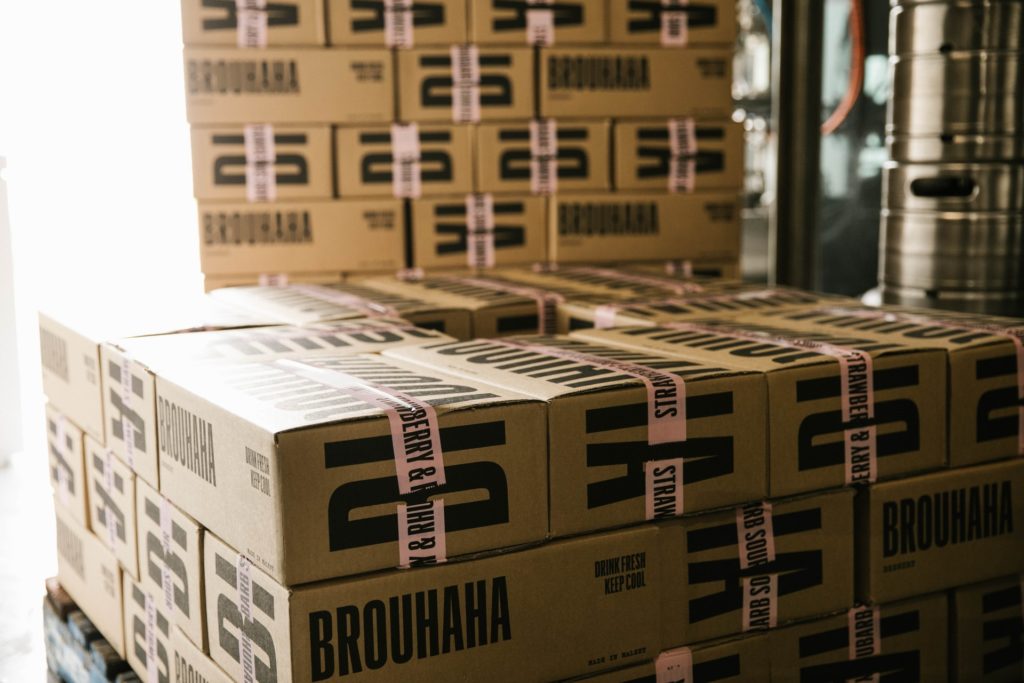As a shopper, it’s easy to spot the value of bulk sales. It gives you a chance to buy large quantities of products you need at a discounted price. That way, you’re saving more per item than you would if you shopped at a conventional store. This is part of why stores like Sam’s Club and Costco remain so popular after all these years.
However, from the business end of things, how does a brand stay afloat? Selling large numbers of goods at discounted prices might seem like it eats into profits, but there is an entire market of wholesalers and bulk sales brands that succeed. Here’s what you need to know.
Cost controls are critical for success.
Say you’ve opened a church supply store. You sell high quantities of rosaries, candles, religious gifts, crucifixes, and accessories. Whether you offer church confirmation supplies or first communion accessories, you pride yourself on having all the products a holy family might need for Christian living. To ensure that you’re able to continue to provide to your consumers without your business suffering, you must implement cost controls to track pricing and fluctuations. For wholesalers, this often requires a fair amount of research. You’re going to want to find other businesses and brands that sell their products at cost.
To do so, you’ll have to network. Established brands are much more likely to find partnerships within their supply chains. As you build your company name and your catalog of products, you need to remember that it’s important to buy low and sell high. Though this may seem antithetical to something like a church supply store that sells prayer books and devotional candles, it’s how these brands stay in business. When you implement cost controls, it can positively benefit your customer service and your brand promotion.
Focus on the experience.
While products are critical for brand promotion, the customer experience is equally valuable. If you want to develop brand devotion among your customers, you need to offer a unique, tailored experience that they can’t get at a competitor’s store. It’s the best way to build a durable business. For example, if you sell computer supplies like bulk USB drives and jump drives bulk packages, it’s not enough to have variety in your inventory. While it helps to carry different sizes (think 4GB, 16GB, and 32GB) and products like flash memory or custom flash drives, you need to invest in your customer service to excel truly.
Say a customer visits and has no clue about how jump drives and flash memory work. They struggle with video files, and it looks like their thumb drive came straight from the early 2000s. Your showroom staff needs to be able to act as educators in these instances. During business hours, you’re not only salespeople. You’re also teachers. When you properly educate a customer on the products in your showroom, and you provide a customized experience, you’re more likely to retain that individual for repeat business. Even if you have the best product selection globally, a negative customer experience can dampen the entire interaction. Also, don’t forget face coverings and social distancing.
Selling in bulk is a long-term commitment.
Many would-be entrepreneurs invest in bulk sales businesses because they think it’ll be easier or turn a quicker profit. While this happens from time to time, it isn’t the standard. Whether you’re selling baptismal robes, thumb drives, or flash drives, you’re still competing with other retail store businesses. It’ll take time to establish your brand’s name and reach a large enough audience to keep your brand consistent. Sometimes, you’ll need to work on a Saturday or two. Other times, it’ll feel like you haven’t had a break in a while. However, if you stick with it, you’re that much more likely to succeed.

